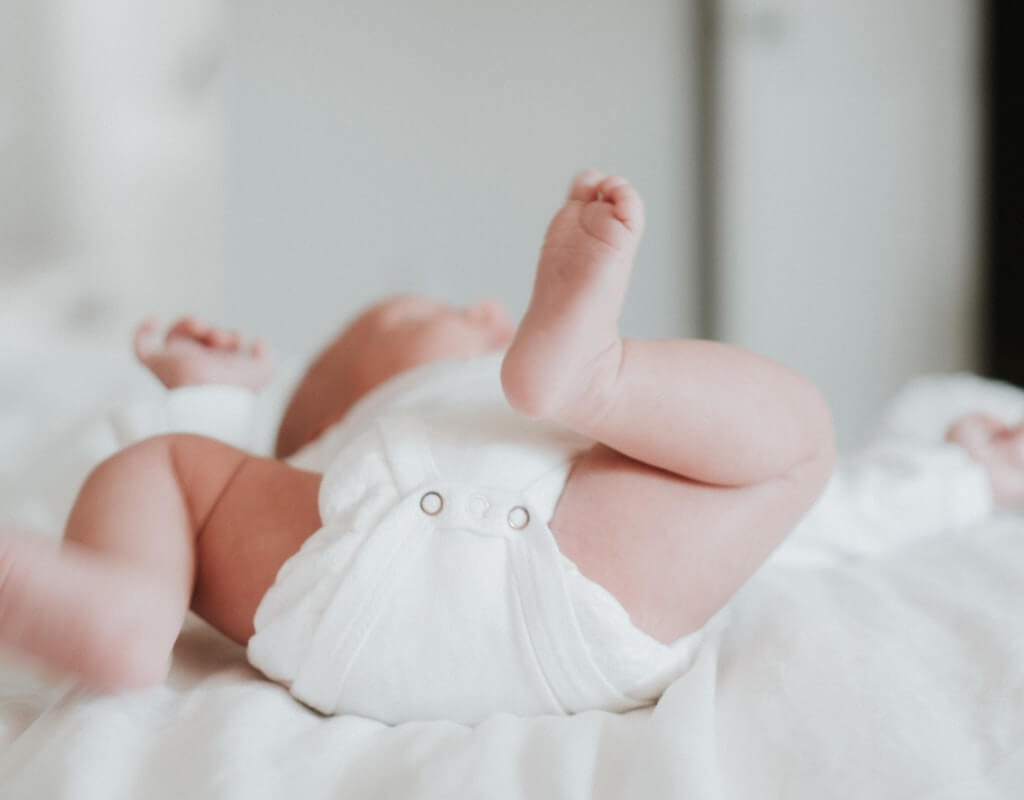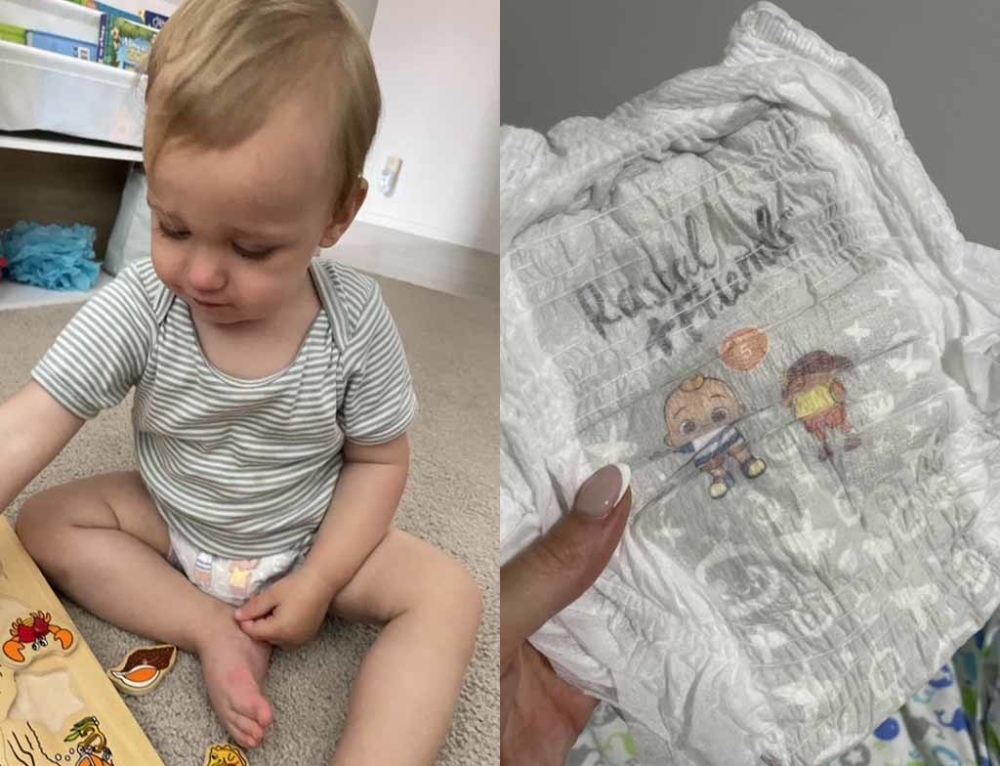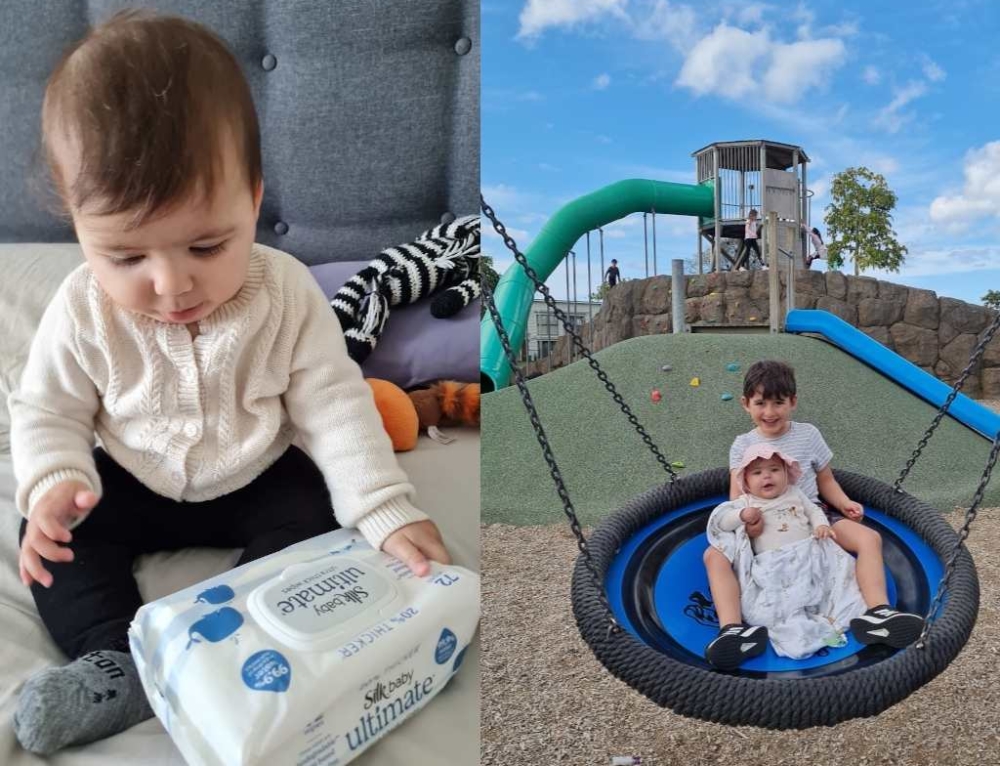Poo, poop, faeces, tūtae, bowel motion, doo-doo, kaka, poonami – there are nearly as many names for it as there are versions of normal in a baby and infant.
You will be astonished at how important the contents of your baby’s nappy becomes in your parenting journey, so find out what is ‘normal’ and when you should seek advice about your baby’s poo.
Newborn
The first poo is known as meconium and tends to be dark and sticky. Almost odourless, meconium is made up of material baby has ingested during gestation including mucous and amniotic fluid. Most babies pass the meconium after they are born, but some may do this during labour or delivery. This does not usually cause the baby any problems although your LMC will aspirate any meconium from your baby’s nose and mouth once born.
The colour of the poo will change over the first week, gradually lightening to a khaki greenish colour, as your baby’s digestive system starts processing those first feeds.
The breastfed baby
Poo from exclusively breastfed babies is yellow/green, looks a bit curdled and may have wee white flecks in it. It has a mild, almost pleasant smell. Don’t be surprised if your breastfed newborn does a bowel motion after every feed – as it goes in one end, the other end empties out!
Also don’t worry if the colour changes a bit (if everything else is normal). It might be that you ate something different. Similarly, don’t be concerned if your baby is grunting and straining when they do a poo – this is totally normal.
If your breastfed baby is not having a bowel movement at least three times a day, or several are green and frothy, have a chat with your LMC or health professional. If your baby has diarrhoea – frequent, watery and green poo (especially if accompanied with vomiting) seek medical advice.
As your baby gets older they will poo less frequently. Sometimes they will not go for days and then will present you with what many parents call a ‘poonami’ – a flood of poo right up the baby’s back!
If they have more than one or two bowel motions in a row that are like firm pebbles or their poo is accompanied by a tinge of blood, your first step is to seek advice from your GP. If you have had bleeding nipples you may notice little black flecks of old blood in your baby’s nappy however it is still worthwhile confirming with your GP that this is the source. If there is any blood in your baby’s nappy, or there is a dramatic change in your baby’s poo, seek medical advice.
The formula fed baby
The poo of a formula fed baby is thicker and creamier than a breastfed baby’s – similar to smooth peanut butter. The normal colour is somewhere on the brown spectrum – yellowy/tan usually, but sometimes greenish. It will smell a bit stronger than a breastfed baby’s but won’t be pungent like an adult’s. You will get to know what is ‘normal’ for your baby.
A change in your baby’s poo – such as frequent and watery, a strong odour or a change in colour – may indicate an allergy, infection or other problem. Consult your GP.
As your baby gets a bit older, it is likely their bowel movements will become less frequent and that they might learn to grunt and strain. Neither of these is of concern, unless the bowel motions are small and pebble like as this may mean they are constipated. It is not uncommon for formula fed babies to get constipated from time to time and something as simple as a change of formula to one that is designed to specifically aid babies suffering from constipation may be a solution. Have a chat with your health professional or GP. Don’t offer a young baby water or any other remedy without first seeking advice.
If there is ever blood in your baby’s nappy, or you are concerned about what you find in your baby’s nappy, seek advice from your GP.
Introducing solids
The introduction of solids will change your baby’s bowel motion consistency, frequency and odour. The change won’t be so much at first as but as you introduce things like meat and green vegetables you will notice the poo becomes much smellier.
The colour of the poo will change according to what your child has eaten – as they get older and their diet changes it can even be slightly alarming! Food colouring can pass through seemingly unchanged. You may even find some undigested bits of food in it! This is normal – however if it becomes a regular feature, chat with your GP.
For more information about what’s normal and what’s not, visit Nutricia Careline.
This article was written by Kidspot NZ for Nutricia Careline.
Read more on Kidspot:







I remember going through the stages of poo and making sure I was doing the right thing with my son. We’ve have lots of liquidy poo due to breastfeeding, but also had an instance that my son didn’t poo for about 5 days which got me worried. But another mom told me that it can be perfectly normal for breastfed babies.
I remember well doing quite the investigations into my babys poos but at the end of the day they were all normal. Even now when they are older they eat the same foods but they both are different in their bowel movements. In my mind the important thing when they are older is consistency, if I started noticing changes etc then I would be concerned. Hard to do with baby poo though as it can seem so different all the time.
I remember when both my boys were little and navigating pooey nappies was a real learning curve. One day the colour would be one thing, the next another – different textures and consistencies certainly made you wonder if things were ok or not. To have an article like this for mothers to refer to is a great idea. I will be sharing with my sister who is expectant.
Both my breastfeed babes were different. One pooped every 7 days and man what a lot came out!! The other pooped 7 times a day and there was lots there too. I would agree, breastfeed babies before solid food, the poop is not terribly smelly. Hehe. Best times to be practicing the nappy changes.
Babies definitely poo a lot I breastfeed my 3 until they were over 1 year old. That first poo is so yucky the meconium poo so sticky and hard to get off. As they get older they do slowly start to poo less then when solids are introduced it changes again until they fully eat solids and less milk.
I breastfed my last baby fully until introducing solids at around 5-6 months, the poo definitely changes once solids are being eaten!! Haha. She did have some issues with constipation at around 3 months which was not nice, but learned some really good massage techniques and that really helped